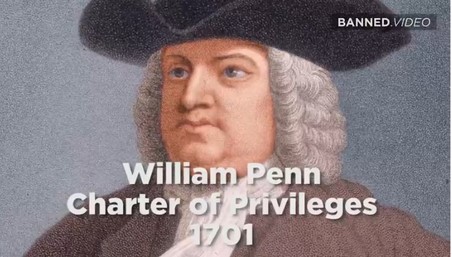
Penn envisioned a colony that permitted religious freedom, the consent and participation of the governed, as well as other laws pertaining to property rights.
Christian Quaker William Penn (gentile) wrote the Charter of Privileges in 1701.
"In 1701, William Penn created a Charter of Privileges for the residents of his colony. Penn envisioned a colony that permitted religious freedom, the consent and participation of the governed, as well as other laws pertaining to property rights. The Charter of Privileges recognized the authority of the King and Parliament over the colony, while creating a local governing body that would propose and execute the laws. Penn clearly states the responsibilities the citizens have in selecting virtuous men to lead and govern." William Penn's Charter of Privileges
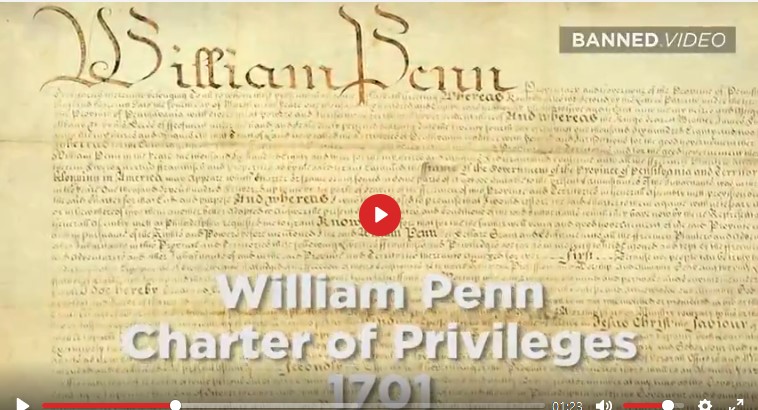
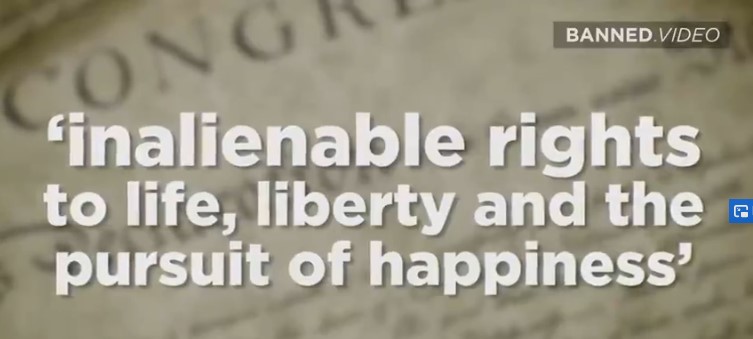
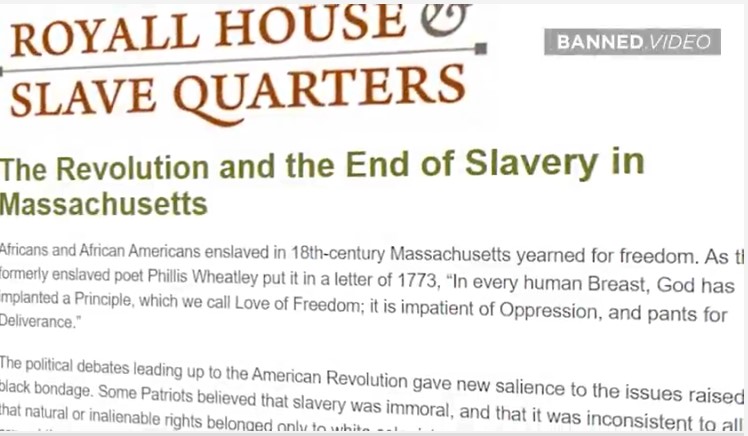

William Penn's Charter of Privileges
When William Penn's Charter of Privileges—also known as the Charter of Liberties—was adopted in 1701, it became the most liberal outline for a colonial government in North America, containing procedures for democratic government, codifying freedom of religion, and ensuring merciful and just treatment for those accused of crimes. Its creation was no easy task, nor is this document the product of William Penn's ideals alone. This groundbreaking document was almost 20 years in the making and influenced not only by Penn's vision for his province but by the demands of the people of Pennsylvania.
William Penn drew up a frame of government for his province in 1682 that contained many of the features that made Pennsylvania unique: guaranteed freedom of conscience, freedom of speech and dissent, and freedom from cruel and unusual punishment. His frame proposed a parliament composed of two houses: an upper house, or council, made up of the first purchasers of 5,000 acres or more in the province that could propose legislation and nominate officers; and a lower house, or assembly, made up of smaller landowners that could accept or reject the council's proposals but could not propose legislation itself. In his plan, the proprietor or governor of the province (himself and, eventually, his heirs) would have the power to veto legislation and would enjoy a triple vote in the council. This frame was never ratified; members of the assembly, especially non-Quakers, objected to the outsized role of the council and the authoritarian powers of the proprietor.
Several other potential frames of government were proposed, debated, and abandoned over the years. In 1699, when Penn returned to Pennsylvania after a 15-year absence, the assembly drafted the frame of government that would become the Charter of Privileges. In this frame, the provincial assembly would become the legislative authority. It would be self-governing, with the ability to elect its own officers, form its own committees, propose and vote on legislation, and impeach government officials. Furthermore, it would be a representative government; assembly members would be elected from each county in the province. The assembly submitted the charter to Penn for his approval in 1701, which he granted in spite of his reservations. Wary of what the masses could do with large democratic powers, he trusted smaller, more established elites to govern society.
By 1701, Penn and the members of the assembly would have been paying close attention to political affairs in Britain. England underwent a bloody revolution in 1689 that produced the English Declaration of Rights and, with it, a transition from a monarchy with a weak constitution to a true constitutional monarchy. The Declaration of Rights also guaranteed numerous individual liberties: the right to free speech and debate, freedom from cruel and unusual punishment, and the guarantee that taxes could not be levied without Parliament's consent. Pennsylvanians, believing themselves to be every bit as British as their counterparts in the mother country, expected these privileges to be extended to them as well.
Emphasizing local government, democratic processes, and religious toleration, Penn's charter paved the way for thousands of Pennsylvanian residents to practice their beliefs and participate in government. The charter would serve as the colony's state constitution until the Revolutionary War, and it would provide a foundation on which the Constitution and the Bill of Rights would be built in 1787.
About this Project
Preserving American Freedom, a Historical Society of Pennsylvania digital history project funded by Bank of America, explores how Americans have interpreted and fought for their freedoms from the 1600s to the present and how these freedoms have shaped America's history.
Sections
Essays
Main Topics
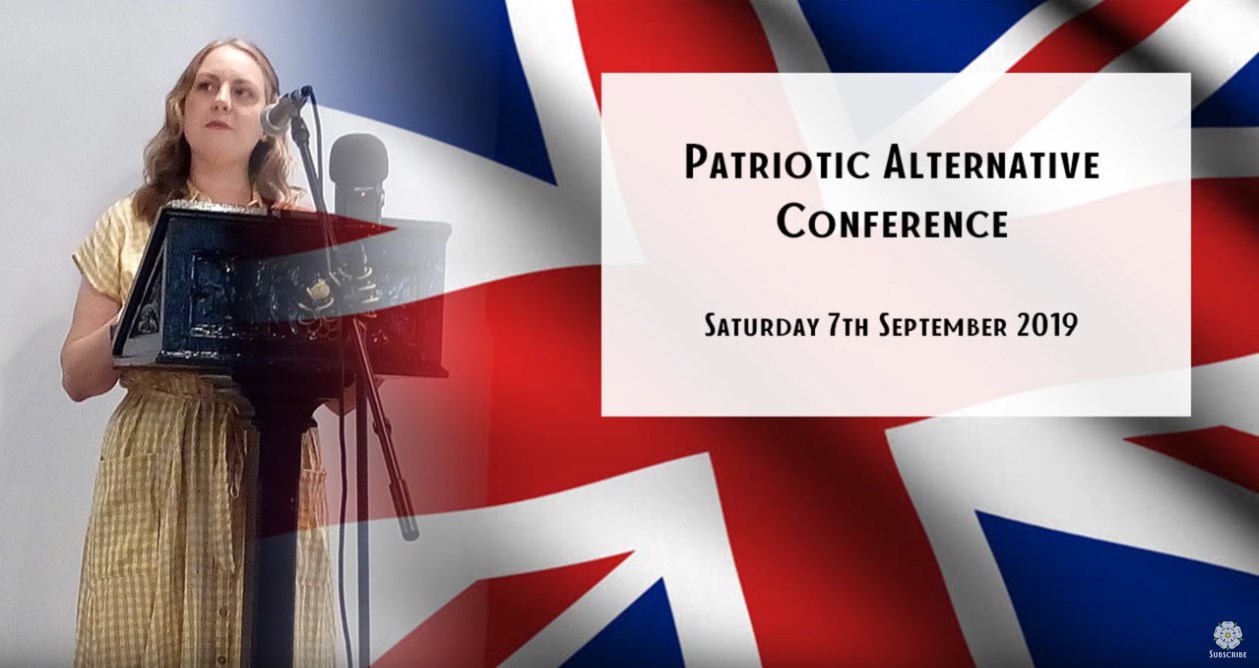
My First Conference Speech (Audio) // Patriotic Alternative
To support this channel: https://ko-fi.com/lauratowler BitChute: https://www.bitchute.com/channel/laur... Twitter: @thisislaurat Gab: @thisislaurat Instagram: @thisislauratowler Video made using Adobe Premiere Pro, Adobe Photoshop and Audacity.


